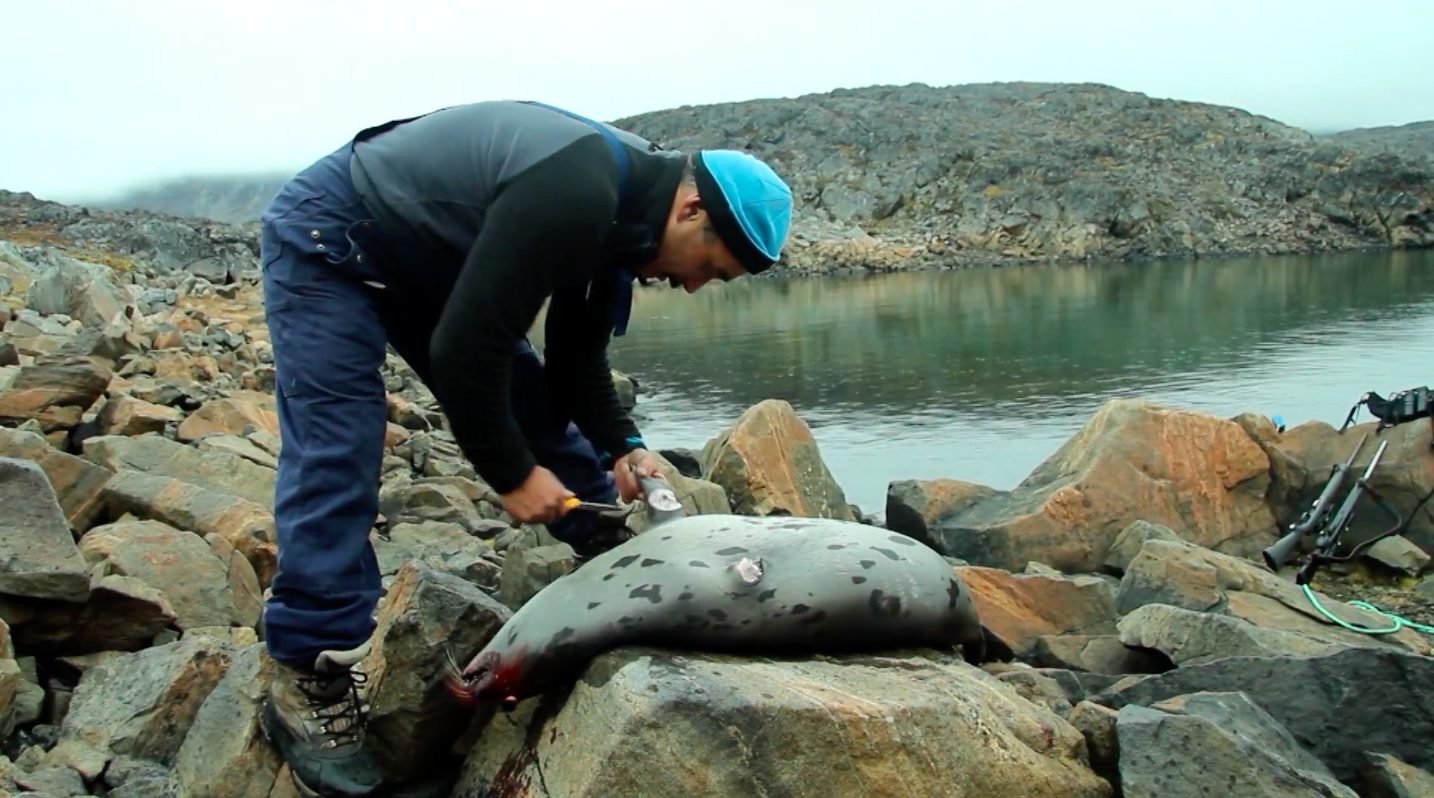Hunting helps Greenlanders keep poverty at bay — but its benefits are spread unevenly
As Greenland looks at ways to address poverty, it finds that hunting offers significant economic benefits, but ones that help different income groups in different ways.

With three-quarters of Greenlandic households hunting for at least a portion of their food, hunting has long been seen as a way for many Greenlanders to compensate for a lack of formal economic activity.
However, hunting, it turns out, may provide most gain to those who need it least, according to information compiled by the Social Welfare Ministry for a report that will be used to guide discussions about whether Greenland should establish an official poverty line.
Because people with large disposable incomes can more easily invest in better motorboats, snowmobiles and rifles, they are also the biggest beneficiaries of the subsistence economy, the report stated.
“In this respect, the subsistence economy results higher incomes for the wealthiest residents.”
[Canada grapples with future of northern food security program]
But while wealthier Greenlanders may reap more overall value from hunting, it is less critical to their ability to subsist, because they are more able to replace hunted food with purchased food. Nor does contribute to their disposable income, due to the relative difficulty of selling hunted animals.
“In an absolute sense, the subsistence economy plays a much more important role for low-families,” the report states.
Although the value of subsistence economic activity is, by its nature, hard to compute, previous research has shown that hunting and other non-cash activities are important supplements for those with limited opportunities to participate in a cash economy. In some cases, these activities allow people meet or even exceed the overall national living standard, despite not holding full-time jobs.
For these families, hunting’s direct benefit is as a source of food, according to the Social Welfare Ministry. But, by replacing cash, it also reduces the economic drains caused by gambling and substance abuse, as well as problems related to a lack of savings.